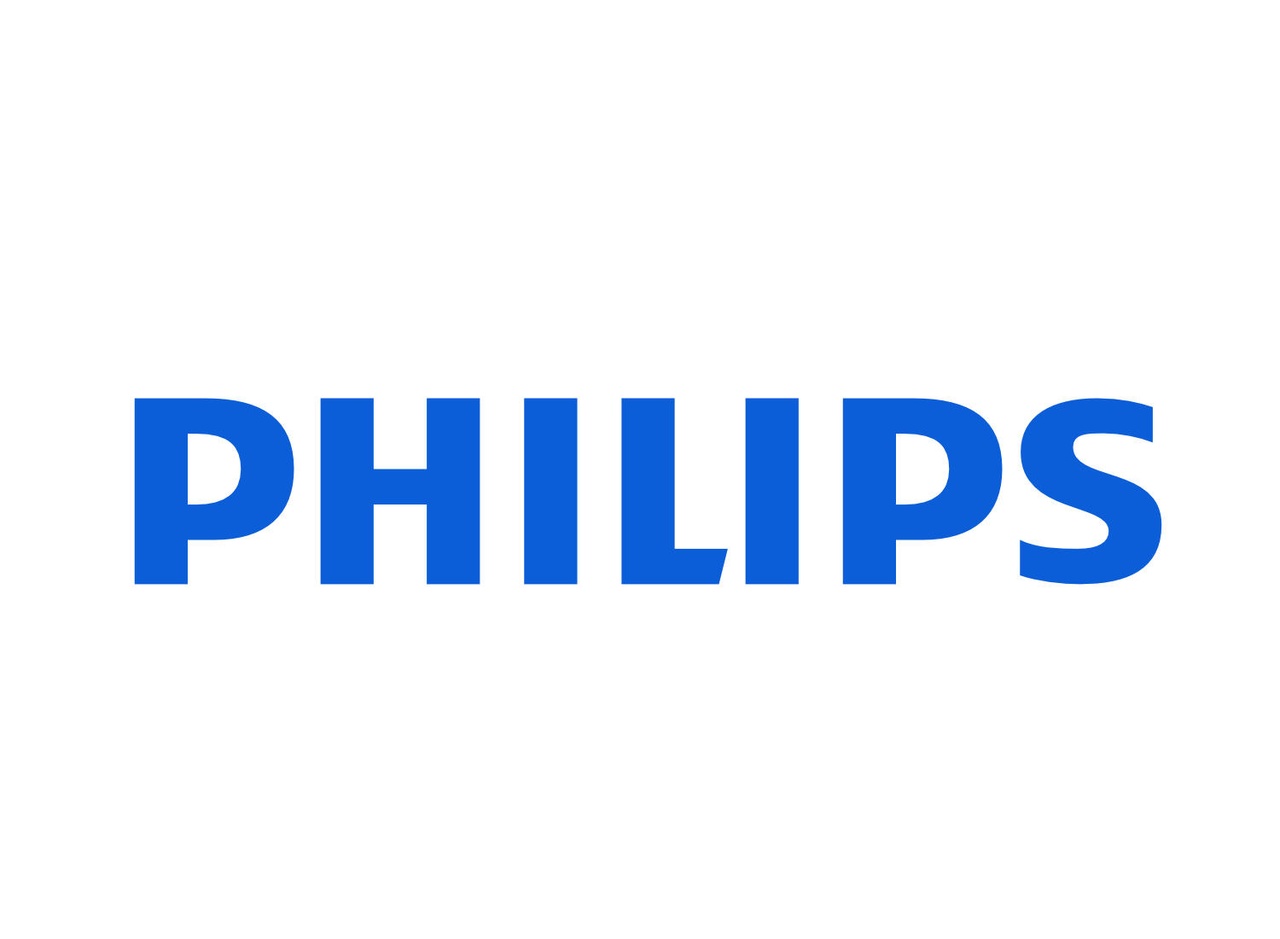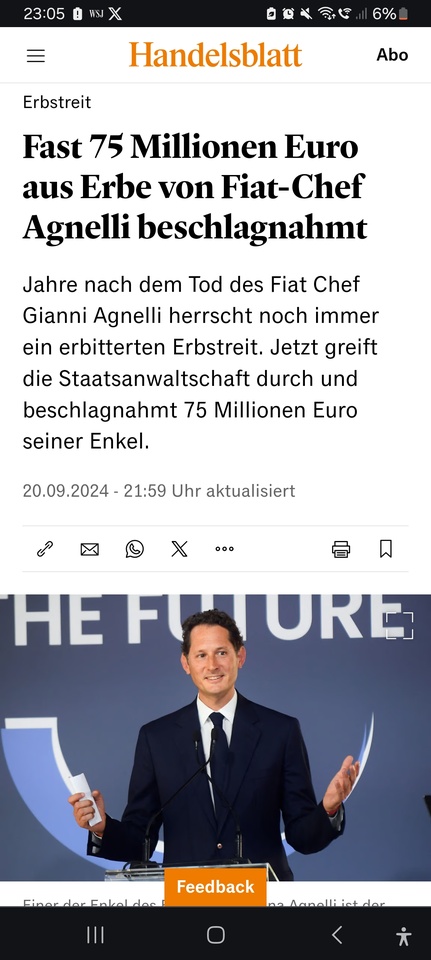Philips Q3 2024 $PHIA (+0,85%)
Financial Performance:
In Q3 2024, Philips reported stable comparable sales growth, with total sales of EUR 4.4 billion. The adjusted EBITA margin improved by 160 basis points to 11.8%, driven by operational improvements, productivity measures and higher royalties. However, demand in China fell significantly, which impacted total sales and order intake.
Balance sheet analysis:
Philips ended the quarter with a cash balance of EUR 1.5 billion and net debt of around EUR 6.5 billion. The leverage ratio improved from 2.5x to 2.2x in terms of the net debt to adjusted EBITDA ratio, indicating a stronger balance sheet position.
Earnings position:
Operating profit increased to €337 million, mainly due to higher gross margins and lower costs related to the Respironics acquisition. Net profit increased to 181 million euros, indicating increased profitability despite higher tax expenses.
Cash flow analysis:
Free cash flow amounted to EUR 22 million and was thus significantly below the previous year, which is attributable to higher cash outflows in working capital and seasonal shifts. Operating cash flow amounted to 192 million euros and was supported by earnings but dampened by these outflows.
Key figures and profitability:
The adjusted EBITA margin rose to 11.8% and the adjusted EBITDA margin to 16.8%. These improvements were the result of productivity measures and innovations that indicate a high level of operational efficiency.
Segment analysis:
- Diagnosis & TreatmentSales fell by 1% due to the challenges in China, while growth outside China, particularly in North America, was solid. The adjusted EBITA margin remained stable at 12.6%.
- Networked Care: Sales remained unchanged; growth in the areas of enterprise informatics and sleep and respiratory care was offset by declines in the area of monitoring. The adjusted EBITA margin improved significantly to 7.3 %.
- Personal HealthSales fell by 5 %, mainly due to a double-digit decline in China. The adjusted EBITA margin fell to 16.5 %.
Competitive analysis:
Philips continues to rely on its industry-leading innovations, such as AI-powered devices and minimally invasive treatment technologies, to maintain its competitive advantage. Nevertheless, the company faces uncertainties in China due to market conditions there.
Forecasts and management statements:
The company has revised its annual forecast for sales growth to a range of 0.5% to 1.5% to reflect the ongoing decline in demand in China. Management remains focused on implementing a three-year plan to realize global growth and margin potential.
Risks and opportunities:
Risks include ongoing challenges in China, such as anti-corruption measures and uncertain market conditions, which could impact future performance. Opportunities arise from the potential for innovation and growth opportunities outside China, particularly in North America.
Summary and strategic implications:
Philips has shown strong profitability improvement despite flat sales growth through operational efficiencies and innovation. The company's financial stability is supported by a solid balance sheet and improved leverage ratios. However, the challenges in China pose significant risks and require a strategic focus on growth in other regions. Philips' ability to execute its three-year plan and leverage its innovative portfolio will be critical to its long-term growth and stability strategy. As I am only involved here via $EXO (+0,59%) involved, I remain relaxed.
Positive statements:
- Philips showed a strong improvement in profitability in the quarter, with the adjusted EBITA margin increasing by 160 basis points. This development was supported by leading industry innovations and increased license fees.
- The company made significant progress in addressing the impact of the Respironics recall, demonstrating strengthened execution capabilities and increased operational flexibility.
- Philips' productivity initiatives have delivered over EUR 1.5 billion in savings to date, with the goal of achieving the original EUR 2 billion savings target ahead of schedule.
- The North American market has seen strong order growth, particularly in Diagnostics & Treatment, with the prospect of this trend continuing in the coming year.
- Innovations such as the AI-powered Avent Premium Connected baby monitor and the LumiGuide navigation wire received positive market feedback and strengthen Philips' competitive advantage.
Negative statements:
- Demand from hospitals and consumers in China continued to deteriorate, leading to a decline in sales and orders and impacting the overall financial guidance.
- Philips has revised its sales forecast for the full year to growth of 0.5% to 1.5%, which is well below previous expectations given the ongoing challenges in China.
- The Personal Health division recorded a double-digit decline in China, outperforming the solid performance in other regions and resulting in a 5% decline in comparable sales.
- Transparency regarding the further impact of the anti-corruption measures and the timetable for the government program in China remains limited and increases uncertainty for future performance.
- Free cash flow decreased significantly to EUR 22 million due to higher cash outflows in working capital and a lowered sales forecast.






